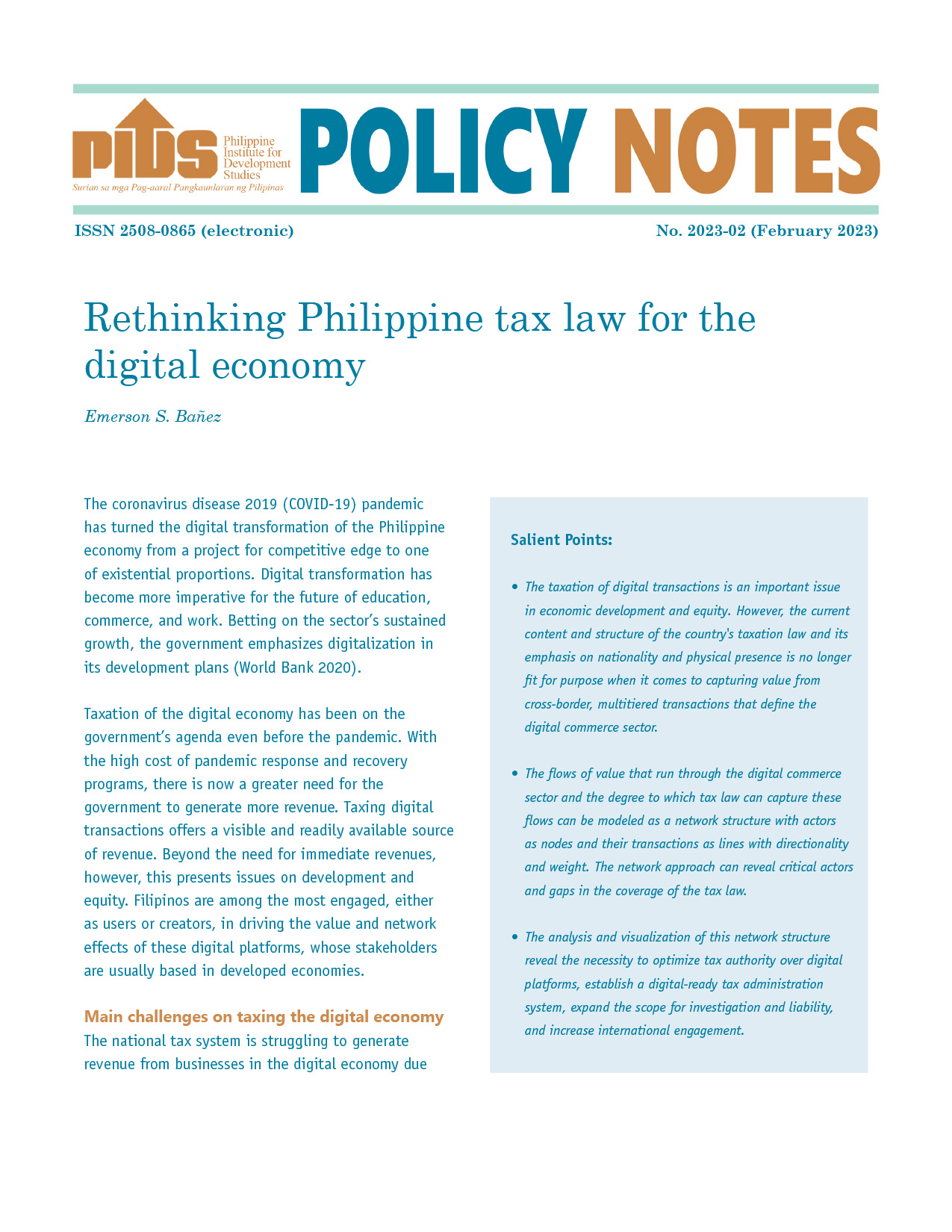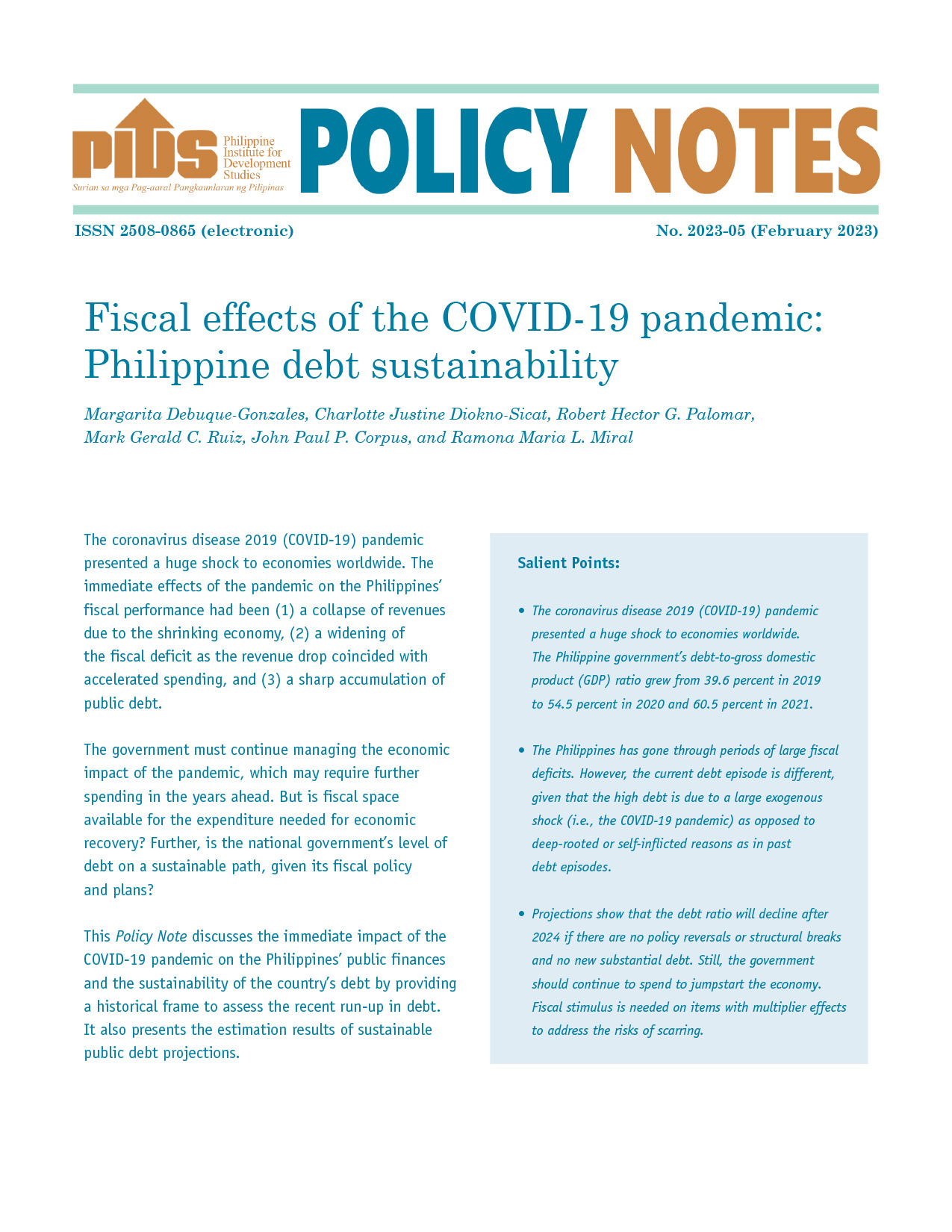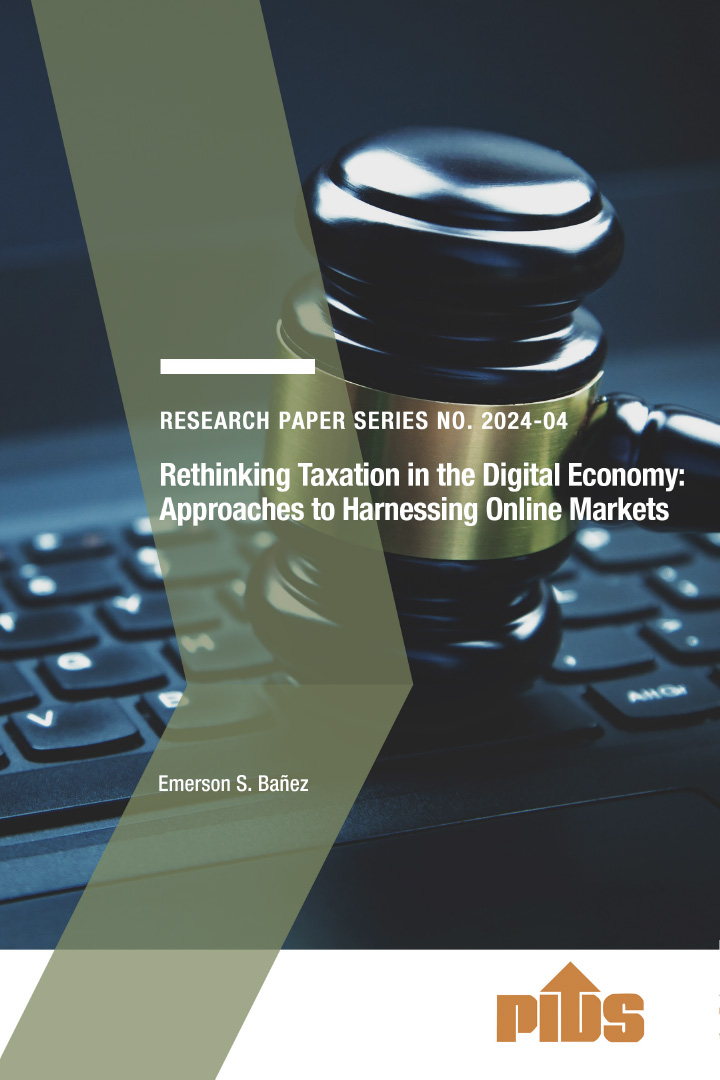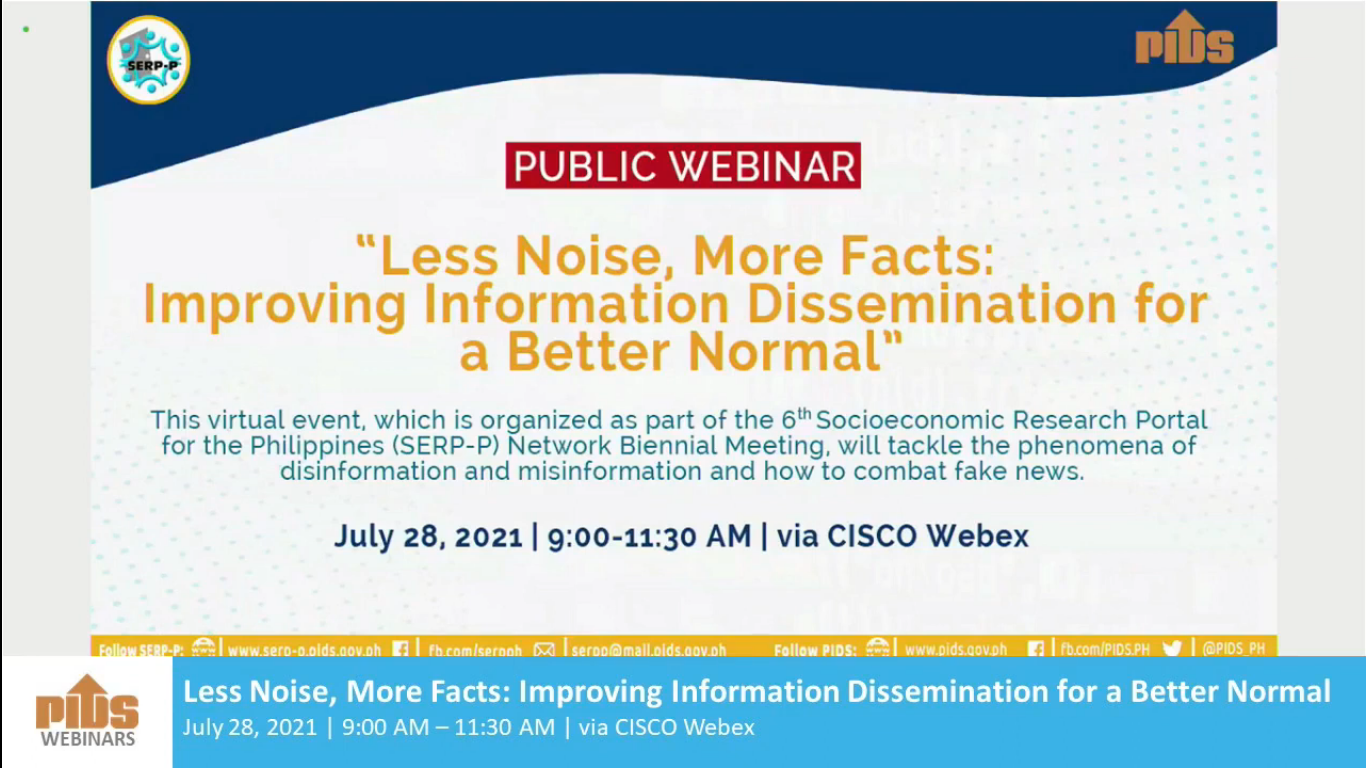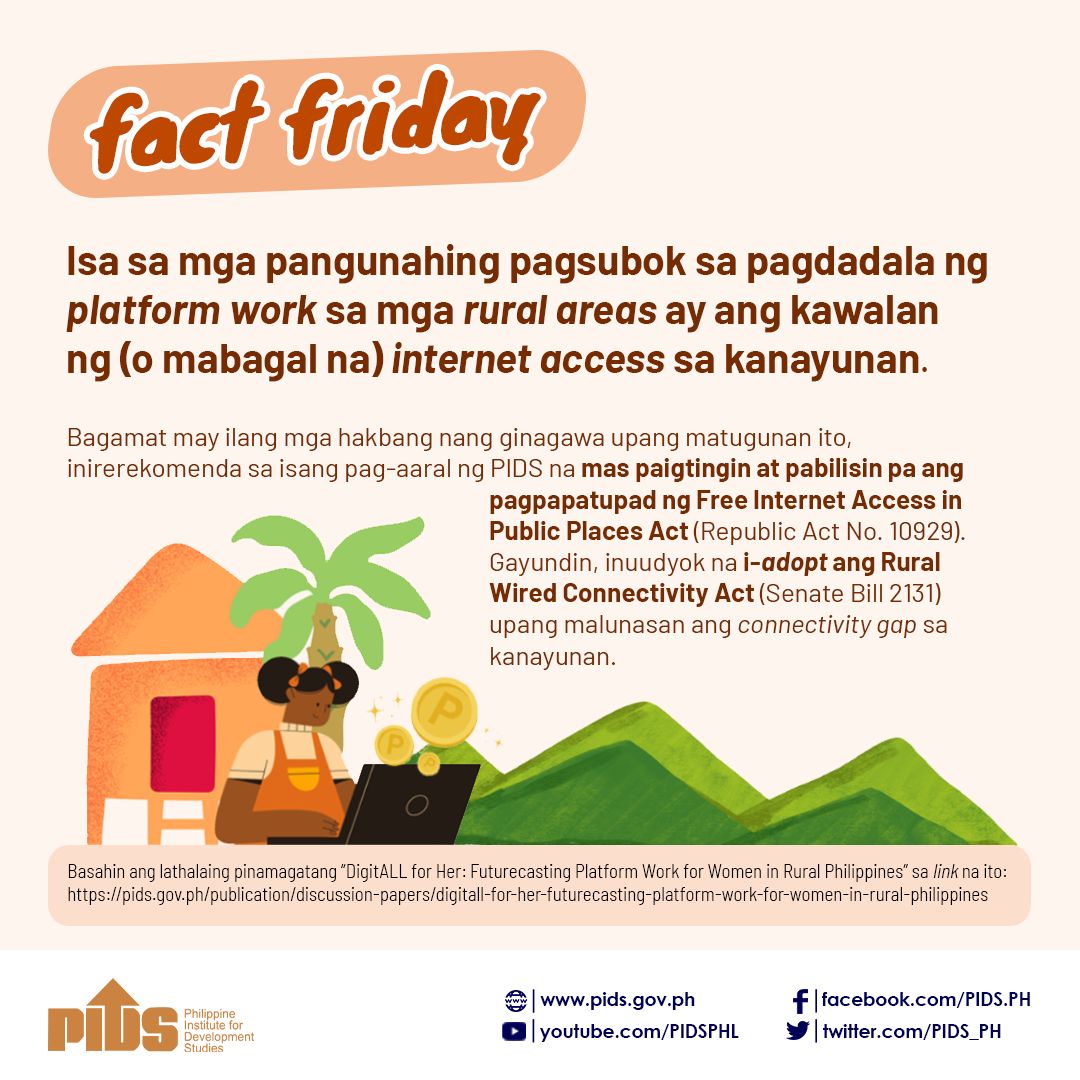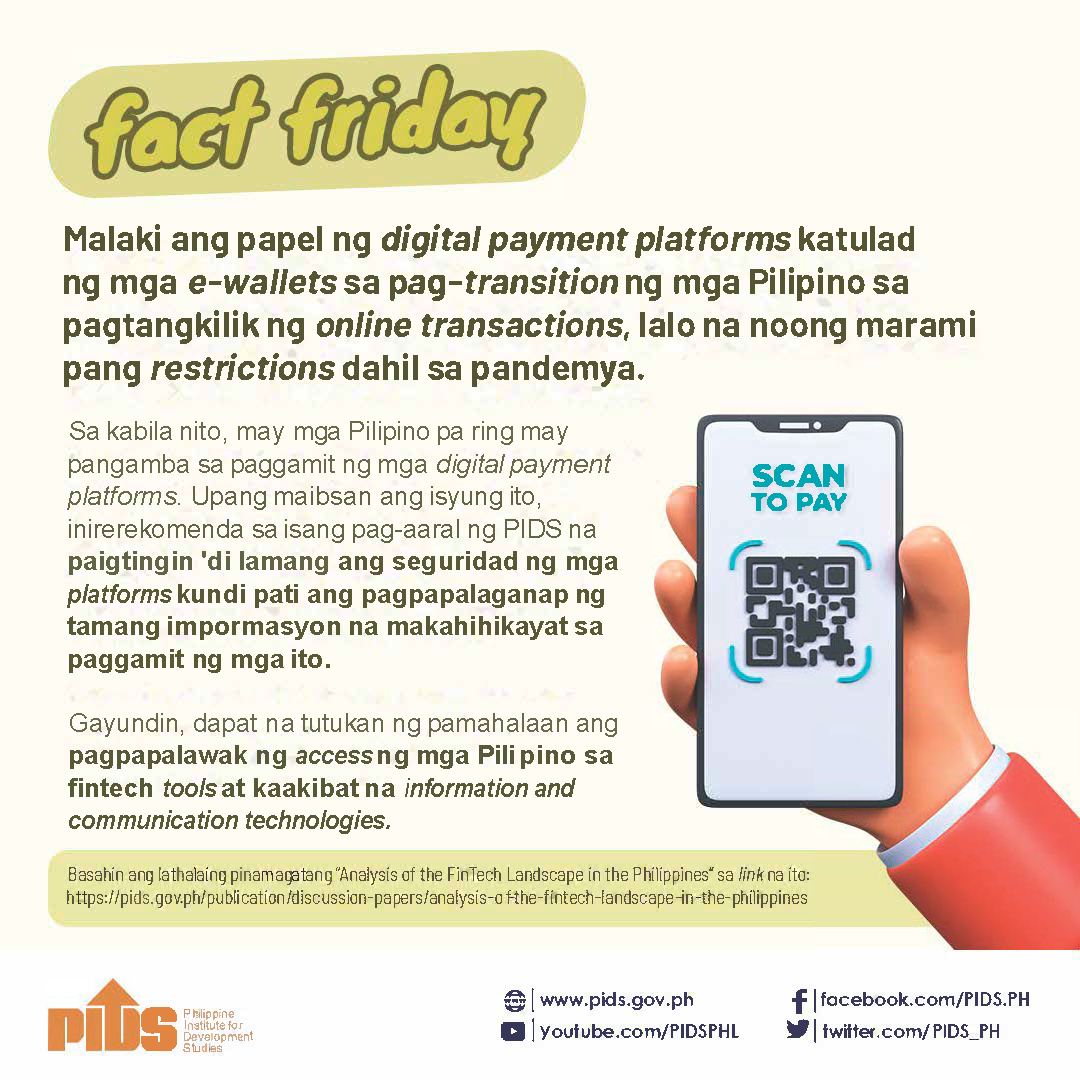MANILA, Philippines—The “new normal” ushered in by the COVID-19 pandemic has accelerated the Bureau of Internal Revenue’s (BIR) shift to digital tax collections ahead of its 2030 target.
At an online seminar organized by the state-run think tank Philippine Institute for Development Studies (PIDS) last week, BIR Deputy Commissioner Marissa Cabreros said that 99.63 percent of those who filed and paid their 2020 income tax returns (ITR) for the deadline last April 15 did so electronically.
Cabreros later told the Inquirer that e-filing for this year’s ITR payment deadline exceeded the 90.13 percent of annual 2019 returns e-filed in June 2020. The government had extended last year’s tax deadline due to the most stringent lockdown restrictions imposed from mid-March to May 2020.
In 2019, only 80.41 percent of taxpayers e-filed their 2018 ITRs, Cabreros said, citing a report from BIR Deputy Commissioner Lanee David.
Cabreros also told the PIDS online seminar that there were more and more online-based businesses which had registered as taxpayers with the BIR, but she was unable to provide figures on how many have already complied and how many likely remained unregistered.
The country’s biggest tax-collection agency in 2020 started cracking down on unregistered online businesses.
Cabreros said the BIR was working to further ease digital and online transactions to encourage more taxpayers to register and settle their dues.
In a separate report, the BIR said it had also modernized monitoring of tax stamps to collect correct excise from “sin” products like cigarettes.
Called the enhanced internal revenue stamps integrated system (Irsis), the BIR said it upgraded to a web-based application its information system managing the ordering, production, distribution, affixing, monitoring and tracking of cigarette tax stamps.
“It is an effective means of preventing the proliferation of illicit trade of tobacco products,” the BIR said of the updated tax stamp monitoring system it had been implementing since last March.
In 2019, the BIR unveiled its 2030 digital-transformation roadmap aimed at making all its transactions with clients instantaneous and seamless.
The BIR plans to provide taxpayers 24-hours-a-day, seven-days-a-week access to its services via online systems and mobile applications starting in 2022.
BIR’s ‘new normal’: 99.6 percent of ITRs filed, paid online

